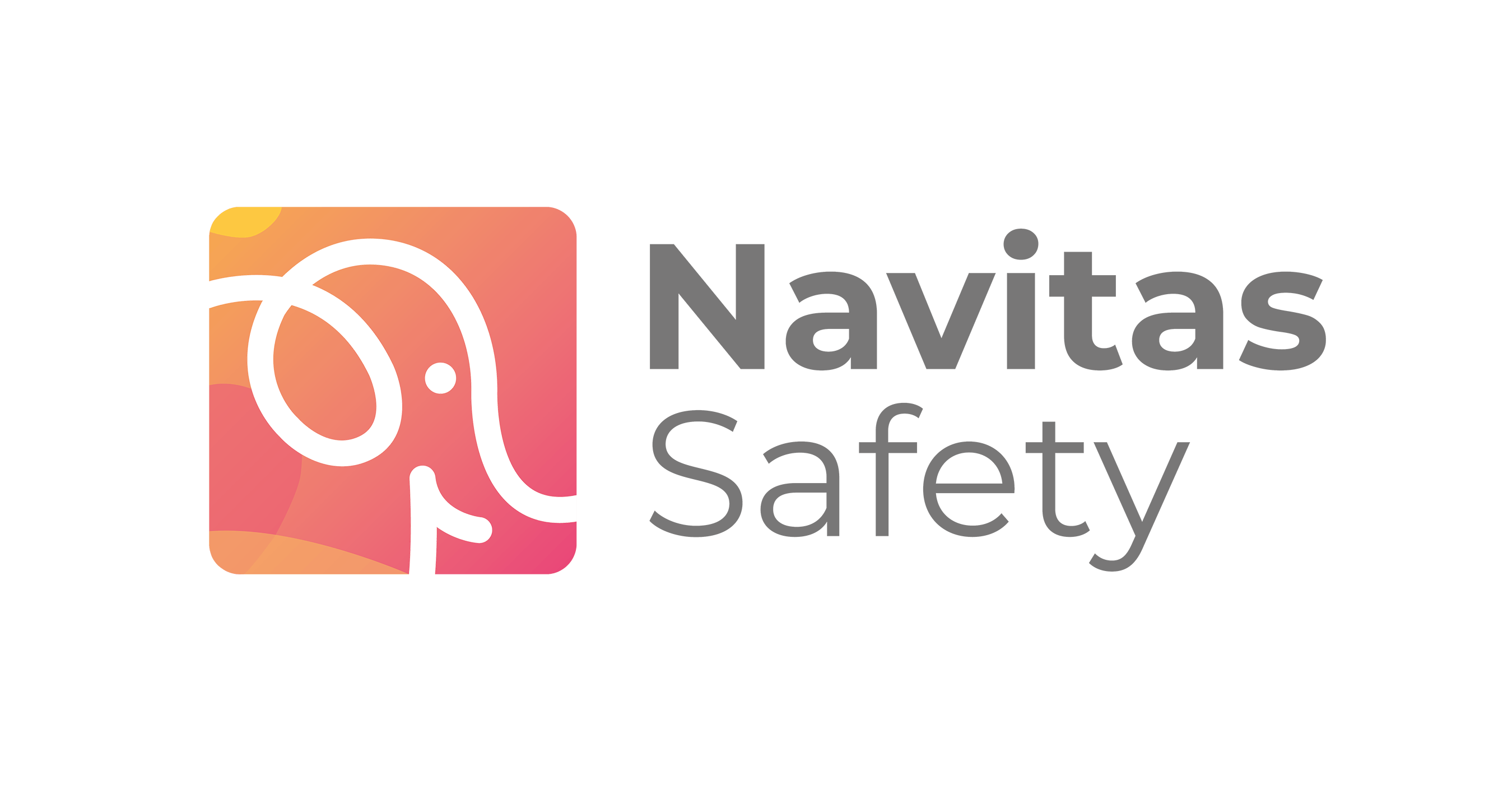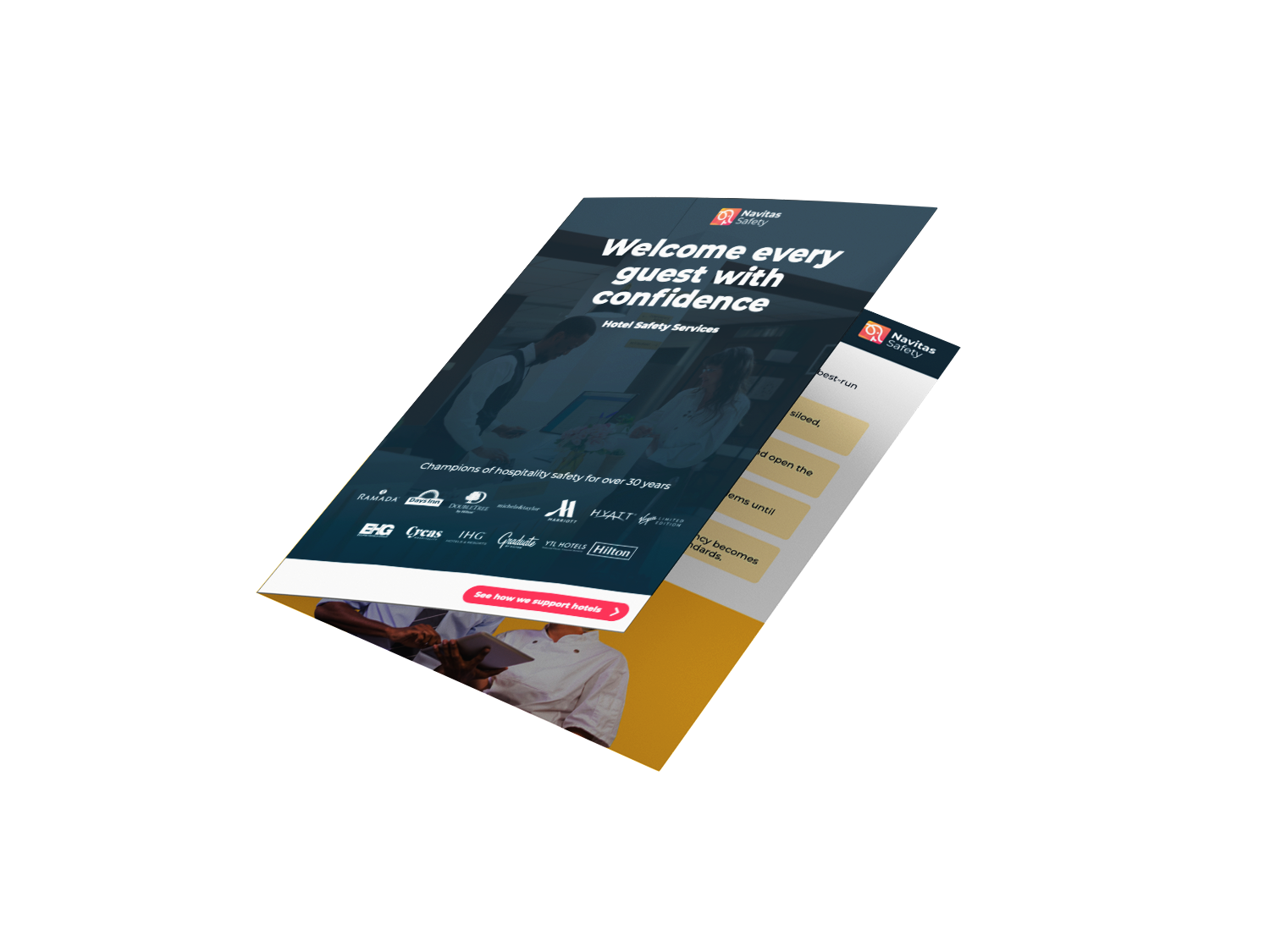At Navitas Safety, we talk a lot about policies, not just because they’re required, but because they’re vital. Whether you manage a hotel, a care home, or a large food operation, strong, well-maintained safety policies don’t just protect your business, they enhance it.
I often get asked: Are policies legally required? What do they need to cover? Is a simple statement enough? These are important questions, but before we get into the detail, let’s take a step back and explore something more fundamental:
Why do safety policies really matter?
More Than Just a Legal Requirement
Yes, policies are part of your legal obligations as a business owner or operator. But they’re not just a tick-box exercise, or at least, they shouldn’t be.
Too often, I see policies sitting on shelves, untouched for years. When policies are written, implemented, and reviewed properly, they become a core part of your management system. They set the standard for day-to-day operations and give structure to how safety, consistency, and quality are maintained.
Think of them as your operational backbone, not just ‘onerous’ compliance paperwork.
Using the Plan–Do–Check–Act Model
A great way to build effective, living policies is by applying the HSG65 Plan–Do–Check–Act model:
Plan: Create the documented policy
Do: Implement it across your teams
Check: Monitor performance and spot issues
Act: Take action to fix and improve continuously
This cycle helps ensure your policies don’t just exist, they evolve, especially after an incident or audit, when new controls may need to be introduced.
Resilience Starts with “What To Do If…”
Every policy should include a clear “What To Do If…” guide. This prepares your team to respond quickly and confidently when things go wrong.
For example, in a leisure policy, this section would contain Emergency Operating Procedures (EOPs) — step-by-step instructions for managing things like pool contamination or technical failures. These not only speed up recovery but also serve as part of your due diligence in the event of an incident or complaint.
Standardisation Across Your Operation
Well-crafted policies ensure a consistent approach to tasks across all sites and teams. With clearly documented Safe Operating Procedures (SOPs), your business can deliver repeatable, efficient and compliant performance — even during staff turnover or audits.
Plus, policies can double up as brand tools. Incorporating business standards and SOPs into one document helps reinforce your service or food brand across multiple locations.
A Practical Example: Sandwich Production
Take sandwich prep — a seemingly simple task. But a strong policy would detail everything:
- Washing salad in line with food safety guidance
- Using the correct chopping boards to prevent cross-contamination
- Managing production volumes and time
- Labelling correctly with brand-approved packaging and shelf-life information
With a policy like this in place, teams reduce errors, lower wastage, and deliver safe, consistent products.
Staff Knowledge and Training
Your team doesn’t need to memorise entire policies, but they must know where to find them and understand the parts relevant to their role.
Policies should be embedded into induction training and reinforced regularly, supported by SOPs for task-specific knowledge. These SOPs can also be used for sign-off and competency checks, making them a powerful part of blended learning programmes.
The Impact on Food Hygiene Ratings
Robust, well-managed policies show confidence in your leadership, which is a key scoring element in the Food Hygiene Rating System..
When you clearly outline your business objectives, assign responsibilities, and build a safety-first culture, inspectors see more than compliance, they see control, professionalism, and proactivity.
In Summary
Strong policies are not red tape, they’re your roadmap to operational consistency, safer environments, and a confident, well-trained team.
At Navitas Safety, we help businesses write, review, and maintain sector-specific safety policies that actually work, not just sit on a shelf.
Want to make sure your policies are working as hard as you are?

Kirstie Jones – Head of Safety
With 25 years of experience in environmental health and safety consultancy, Kirstie joined Navitas in 2011 following 11 years in local government, where she gained extensive experience in food and Health & safety regulation and enforcement. Kirstie is passionate about partnerships and supporting clients to achieve leading safety compliance in their sector.










